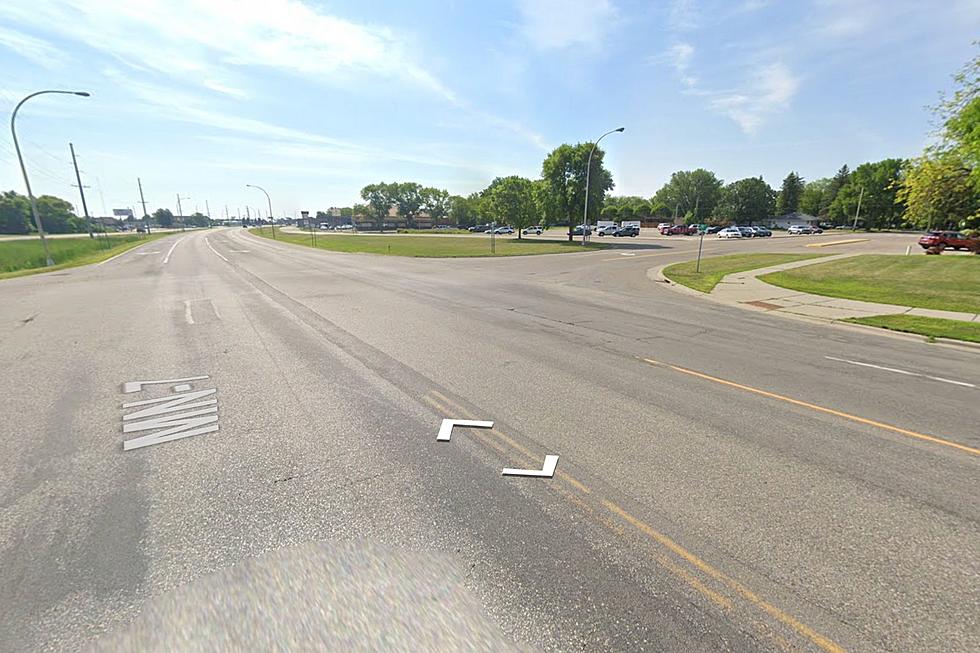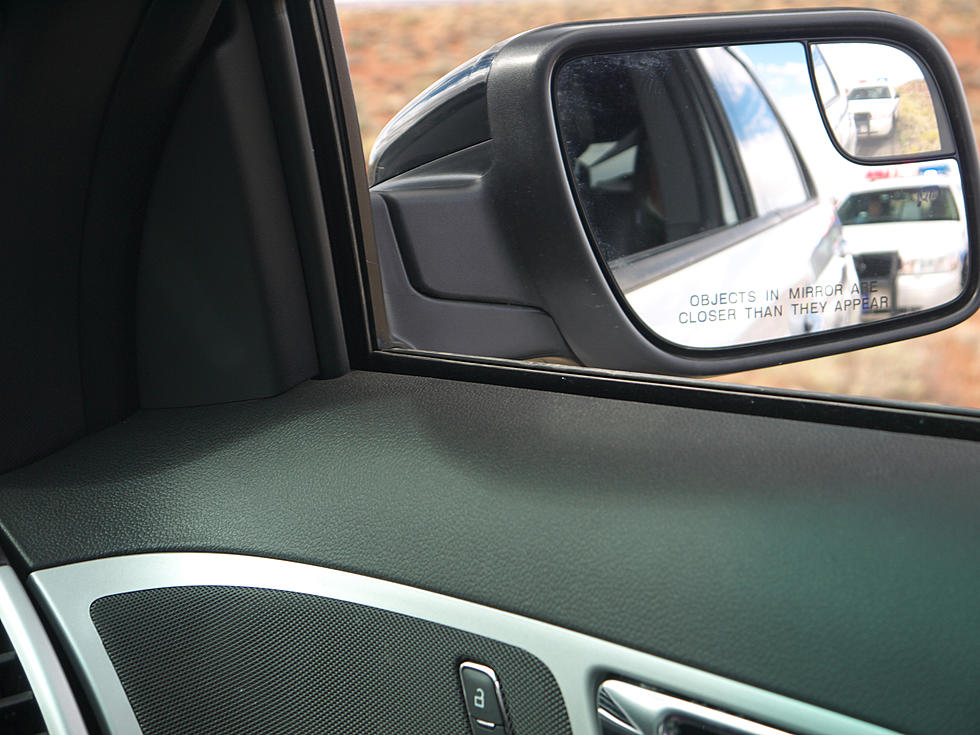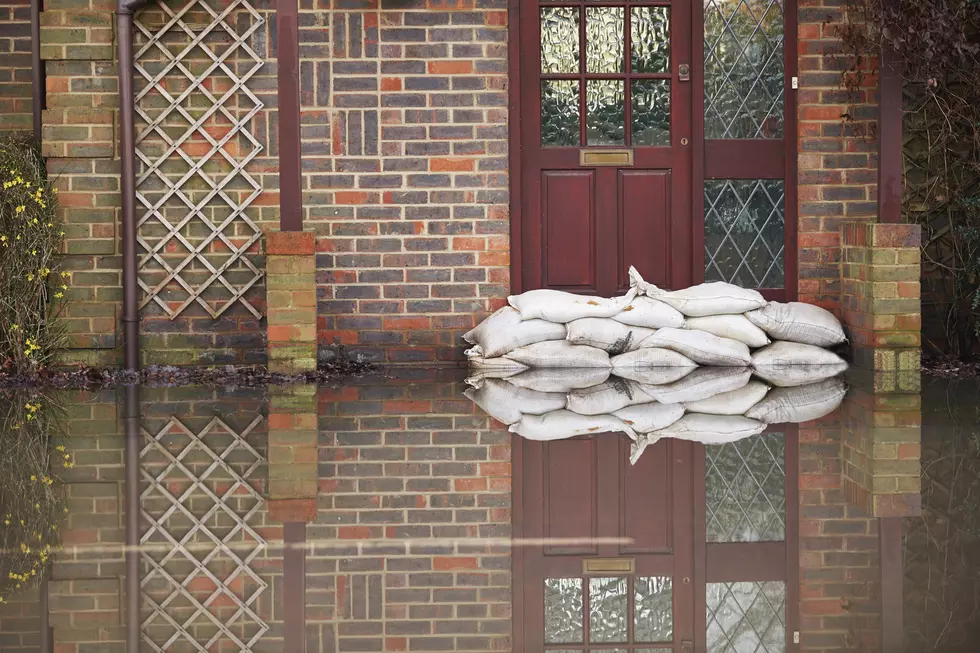
State Of Wisconsin Urges Caution During Storm And Flood Cleanup
Memories of flooding in the Northland back in June of 2012 were recently revisited as the rain has again caused waters to rise. From International Falls, MN where they are continuing sandbagging attempts, to the State of WI. We are always reminding you to use caution when driving in flooded areas, but the State of WI Department of Health Services has thought one step further and urges caution while you are participating in flood clean-up.
Many residents are assessing damage to their property or have begun the tedious task of removing debris after several severe storms. You should know that there are hidden dangers lurking in, under and around the water.
There may be downed power lines, broken glass, and exposed nails to contend with. And if you have a building that has been damaged by excessive water, don't enter it until it's been thoroughly checked by a gas and electric utility and a licensed contractor or building inspector to make sure it is safe for re-entry.
Honestly, these are things I never thought of, especially when your mind is caught in a whirlwind of cost to replace your property, time away from work for clean-up and safety for your family.
Here are some other great information from the WI Dept of Health Services to avoid injury during cleanup include:
- Wear sturdy shoes or boots, long sleeves and gloves when handling or walking on or near debris.
- In general, if you suspect any damage to your home, even if the damage isn’t readily apparent, shut off electrical power, natural gas and propane tanks to avoid fire, electrocution, or explosions.
- If the power is out, use battery-powered lanterns to light homes rather than candles. Candles could trigger an explosion if there is a gas leak.
- Never use gasoline, propane, natural gas or charcoal-burning devices like camp stoves or generators inside the home, or even outside near an open window, door, or vent. Carbon monoxide from these sources can build up and cause illness or death.
Another suggestion that many don't think about is to make sure your families tetanus shots are up-to-date. Tetanus is caused by bacteria and often enters the body through puncture wounds, like those caused by nails.
We are often taught safety when it comes to tornadoes and severe thunderstorms, but another risk is heavy rains leading to flooding. Here are tips to avoid injury or death during a flood:
- Move to higher ground, especially if the threat is imminent. Don’t wait for instructions to move.
- If you must evacuate, first secure your home and turn off utilities at main switches or valves.
- Disconnect electrical appliances, but do NOT touch electrical equipment if you are wet or standing in water.
- Do not walk through moving water.
- Do not drive in flooded areas.
To avoid injury after a flood:
- Return home only when authorities say it is safe.
- Avoid driving or walking through areas that were flooded. Floodwaters often erode roads and walkways.
- Use extreme caution when entering buildings as there may be hidden damage, particularly to foundations.
Once flood cleanup begins, remember that water damage can often lead to unhealthy mold growth within days after floodwaters have receded. It is wise to consult a professional with flood cleanup experience to assess how serious a mold problem is, and the best way to remove it.
Private well owners whose well has been submerged by floodwaters should wait until floodwaters recede before testing the well for contamination.
Finally, keep food safety in mind. Refrigerated and frozen foods should be inspected, especially if there was a power outage. Check the smell and appearance of all meats, seafood, milk, produce and leftovers and “when in doubt, throw it out.” Also, any food that was touched by floodwaters – even if it was stored in a waterproof container – should be thrown out.
More From B105









